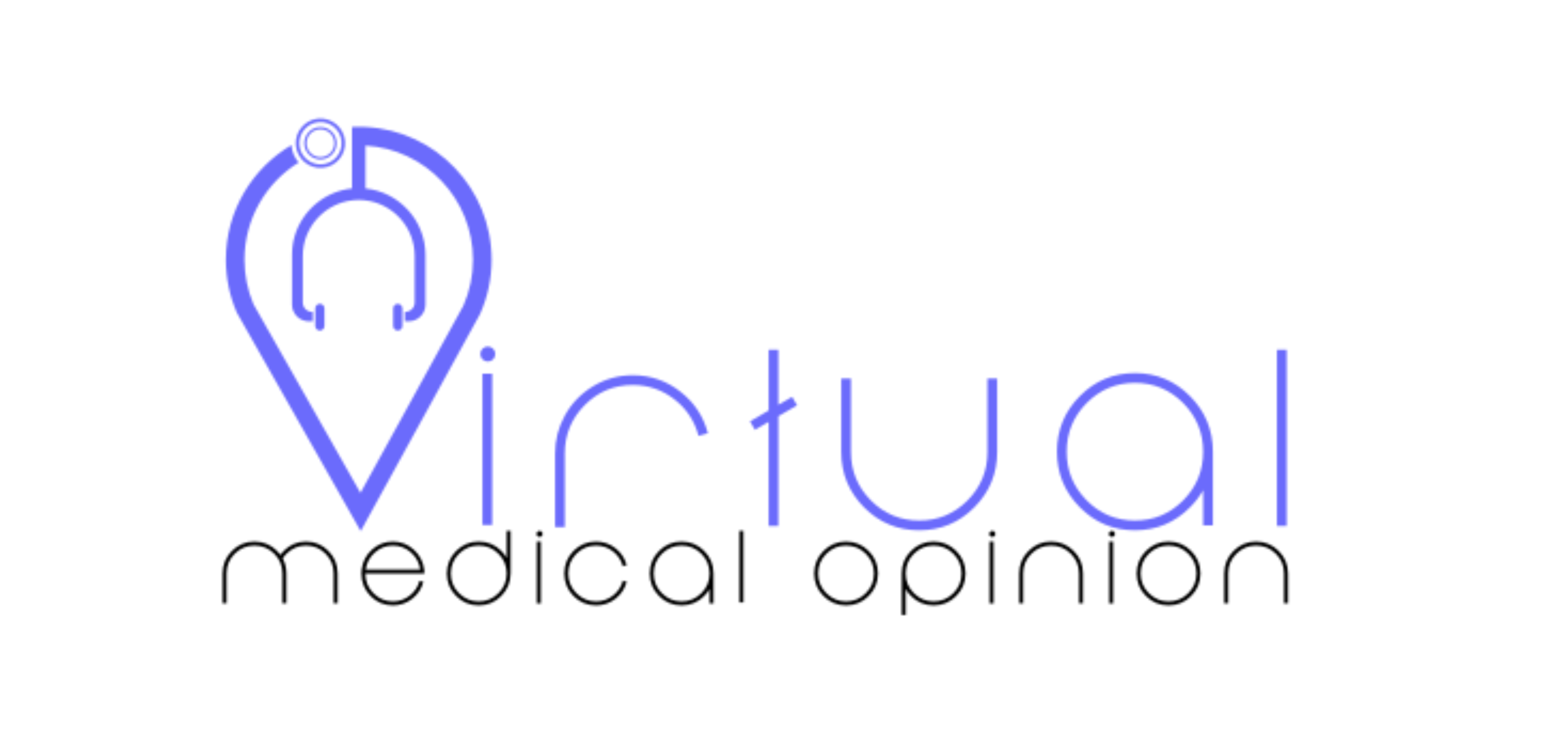Cow's milk protein allergy is an allergic condition which is triggered by drinking cow's milk or by drinking or eating products made from cow's milk. While Cow’s Milk Protein Allergy is one of the most common food allergies to affect babies and young children, it is still rare. Formula fed babies, although very rarely, breastfed babies can also be affected. Cow's milk protein allergy is more likely in children who have other allergic (or atopic) conditions such as asthma, eczema or hay fever, or if close family members have those conditions.
Breathing (respiratory) symptoms, such as a runny nose and wheezing.
Skin symptoms, such as rashes and eczema
Gut (digestive tract) symptoms, such as feeling sick (nausea), being sick (vomiting) and abdominal (tummy) pain
Signs and symptoms:
- Breathing (respiratory) symptoms, such as a runny nose and wheezing.
- Skin symptoms, such as rashes and eczema
- Gut (digestive tract) symptoms, such as feeling sick (nausea), being sick (vomiting) and abdominal (tummy) pain
Signs and symptoms that may take more time to develop include:
- Loose stools or diarrhea, which may contain blood
- Abdominal cramps
- Runny nose
- Watery eyes
- Colic, in babies
When to see a doctor?
See your doctor or an allergist if you or your child experiences milk allergy symptoms shortly after consuming milk. Visit your doctor during the allergic reaction if possible, to help the doctor make a diagnosis. Allergic symptoms to CMPA can happen immediately after feeding or they can be delayed. In the case of immediate symptoms such as swelling of the lips or the tongue or breathing difficulties, immediate medical help must be sought.
گائے کے دودھ کی پروٹین الرجی (CMPA)
گائے کے دودھ کی پروٹین الرجی ایک الرجک حالت ہے جو گائے کا دودھ پینے یا گائے کے دودھ سے بنی اشیاء کھانے یا پینے سے شروع ہوتی ہے۔ اگرچہ گائے کے دودھ کی پروٹین الرجی نوزائیدہ بچوں اور چھوٹے بچوں کو متاثر کرنے والی سب سے عام الرجی ہے مگر یہ اب بھی نایاب ہے۔ پروٹین الرجی فارمولا دودھ پینے والے بچوں میں اگرچہ بہت کم ہوتی ہے لیکن اس سے ماں کا دودھ پینے والے بچے بھی متاثر ہو سکتے ہیں۔ گائے کے دودھ کی پروٹین الرجی کا زیادہ امکان ان بچوں میں ہوتا ہے جنہیں دمہ ، ایکزیما یا ہیے فیور جیسی دیگر الرجک (یا ایٹوپک) حالت ہوتی ہیں ، یہ خاندان کے قریبی لوگوں میں بھی پائی جاتی ہیں۔
نشانات و علامات
جلد کی علامات ، جیسے خارش اور ایکزیما۔
گٹ (ہاضمے کی نالی) کی علامات ، جیسے بیمار محسوس ہونا (متلی) ، قے ہونا اور پیٹ میں درد
سانس لینے (سانس پھولنا) کی علامات ، جیسے ناک بہنا اور گھرگھراہٹ۔
نشانیاں اور علامات جن کو ظاہر ہونے میں زیادہ وقت لگ سکتا ہے ان میں شامل ہیں
لوز پاخانہ یا اسہال ، جس میں خون ہو سکتا ہے۔
پیٹ میں درد
ناک بہنا
آنکھوں سے پانی بہنا۔
بچوں میں کولک۔
ڈاکٹر سے کب ملنا ہے۔
اگر آپ یا آپ کا بچہ دودھ پینے کے فوراً بعد دودھ کی الرجی کی علامات کا شکار ہوتا ہے تو اپنے ڈاکٹر یا الرجسٹ سے ملیں۔ اگر ممکن ہو تو الرجک رد عمل کے دوران اپنے ڈاکٹر سے ملیں تاکہ ڈاکٹر کو تشخیص کرنے میں مدد ملے
الرجی کی علامات کھانا کھانے کے فوراً بعد ہو سکتی ہیں ان میں تاخیر بھی ہو سکتی ہے۔ فوری علامات جیسے ہونٹوں یا زبان کی سوجن یا سانس لینے میں دشواری کی صورت میں فوری طبی مدد طلب کی جانی چاہیے۔
Doctors to consult (Paediatrician):
Dr. Waheed Ahmed, Dr. Rabia Safdar Saleem, Dr. Zafar Iqbal
Note: Click the Doctor's name to make an appointment.
Reference:
https://www.mayoclinic.org/diseases-conditions/milk-allergy/symptoms-causes/syc-20375101
https://patient.info/allergies-blood-immune/food-allergy-and-intolerance/cows-milk-protein-allergy
https://www.gikids.org/files/documents/digestive%20topics/Milk%20Protein%20Allergy-%20Final.pdf

